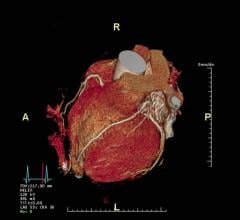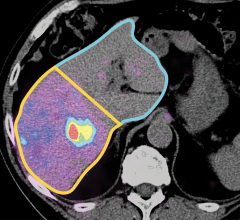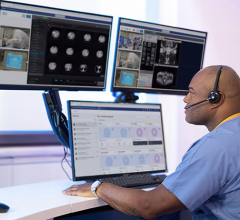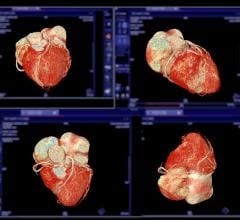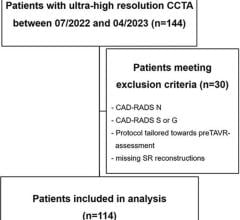July 14, 2008 – The Access to Medical Imaging Coalition (AMIC) said in a statement today, "A report from the Government Accountability Office (GAO) that recommends Medicare adopt prior authorization criteria to address appropriate utilization of medical imaging services was constructed on an incomplete analysis and should not be used by policymakers to make coverage decisions."
“The GAO’s recommendation that CMS rely on a Radiology Benefit Manager (RBM) model of prior authorization will create inefficiencies in the healthcare system resulting in seniors being denied access to life-saving diagnostic and therapeutic imaging services,” said Tim Trysla, executive director of AMIC.
According the consortium of patient advocates, physicians, providers and medical manufacturers, the GAO’s recommendation was built on an inadequate analysis of RBMs. The report did not offer any analysis of how prior authorization requirements and other physician limitations impact healthcare savings. Nor did the report include comment from the medical professional societies, or physicians, on their experience with RBMs or prior authorization.
“Proper utilization of imaging is an important issue,” Trysla said. “But instead of adopting cost limitations that will create red tape and increase inefficiencies, policymakers should work with professional medical societies to adopt appropriateness criteria.”
In conjunction with cardiology and radiology professional societies, the U.S. Department of Health and Human Services (HHS) should adopt criteria for assessing the appropriate utilization of imaging services, the Access to Medical Imaging Coalition (AMIC) said today.
Trysla says AMIC applauds the House and Senate for passing H.R. 6331, The Medicare Improvement for Patients and Providers Act of 2008, which includes measures to improve the appropriateness and quality of imaging services. The bill requires that advanced imaging providers be accredited by nationally recognized accrediting bodies in order to receive Medicare payment. It would also launch a demonstration program to make sure that advanced imaging is not overused as a diagnostic tool.
“Development of appropriateness criteria – not prior authorization - is an essential step toward ensuring that beneficiaries have access to imaging that best suits their medical conditions,” said Trylsa. “As imaging becomes increasingly integral to best practices in healthcare diagnosis and treatment, it is imperative that physicians and payers agree on which imaging services are appropriate, so that beneficiaries get the right scan at the right time.”
The pilot program will test a proposed set of appropriateness criteria, created by HHS through consultation with relevant medical societies such as the American College of Radiology (ACR) and American College of Cardiology (ACC), at a broad spectrum of representative sites across the country. The main requirement for selection would be the capability to submit diagnostic and service-related data in electronic format for monitoring purposes.
For more information: www.imagingaccess.org

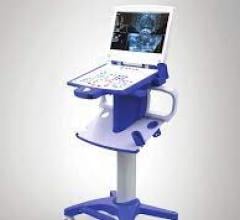
 April 30, 2024
April 30, 2024 
